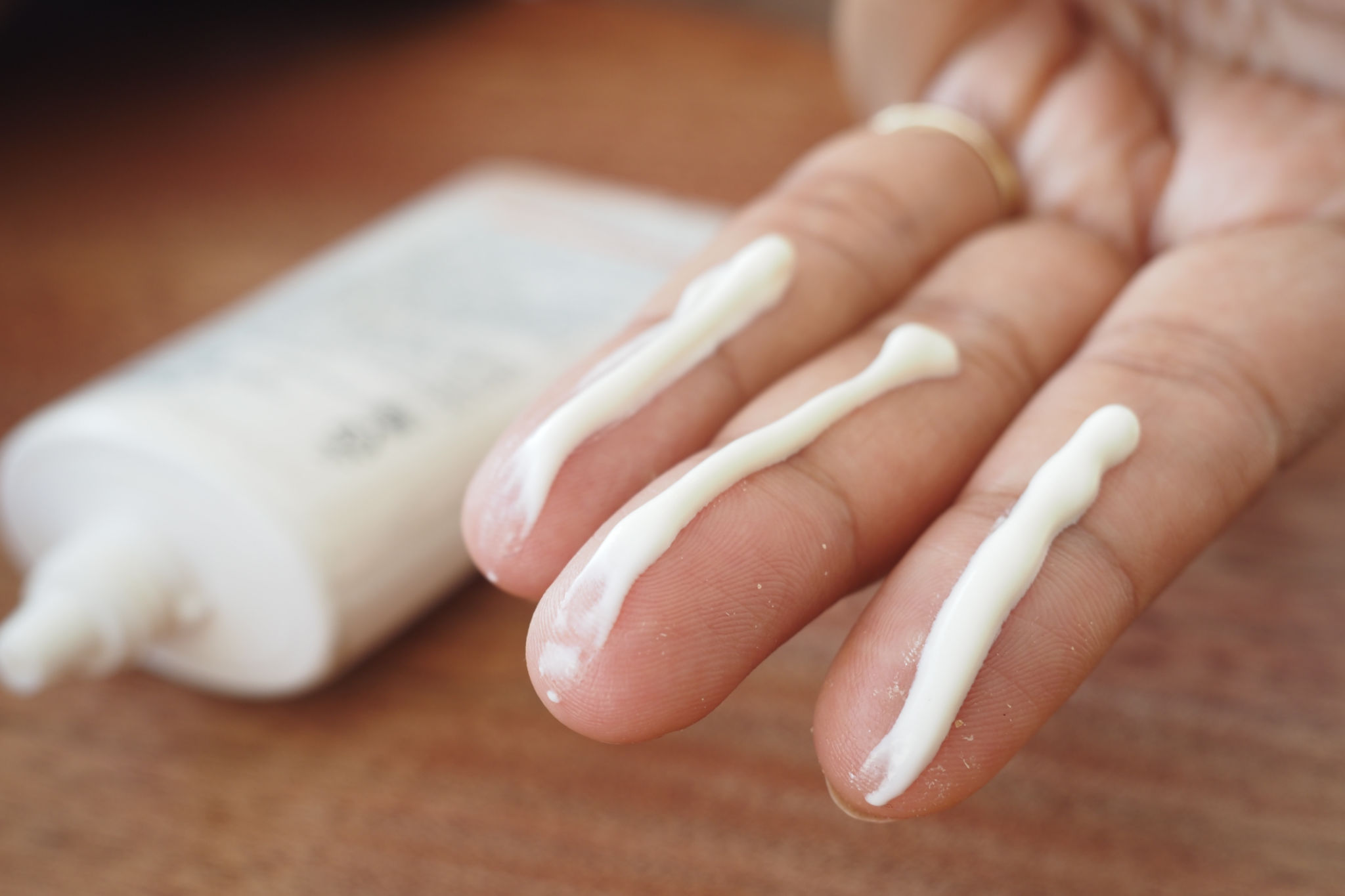Local Insights: How Miami's Climate Affects Health Diagnostics
Understanding Miami's Unique Climate
Miami, known for its vibrant culture and picturesque beaches, is also recognized for its unique subtropical climate. This weather pattern is characterized by high humidity, warm temperatures, and frequent rainfall. These environmental factors not only shape the city's lifestyle and architecture but also have significant implications for health diagnostics.

The high humidity levels in Miami can exacerbate respiratory conditions such as asthma and allergies. Pollen, mold, and dust mites thrive in such environments, potentially leading to increased visits to healthcare facilities. As a result, healthcare providers in Miami often focus on early detection and precise management of respiratory issues.
Impact on Cardiovascular Health
Miami's warm climate can influence cardiovascular health due to the stress heat places on the heart. High temperatures can cause increased heart rates and blood pressure, which may be concerning for individuals with pre-existing heart conditions. Consequently, cardiologists in the region emphasize the importance of regular check-ups and monitoring, especially during the hot summer months.

Moreover, the heat can lead to dehydration if individuals do not consume enough fluids. Dehydration can further complicate heart health by reducing blood volume and increasing strain on the cardiovascular system. Thus, awareness campaigns often highlight the importance of staying hydrated as part of preventive healthcare.
Influence on Skin Health
The intense sun exposure typical of Miami's climate necessitates a focus on skin health. Prolonged exposure to UV rays increases the risk of skin cancer, making regular dermatological screenings crucial for early detection and prevention. Residents are encouraged to use sunscreen daily and seek shade during peak sun hours.

Besides skin cancer, Miami's humid climate can lead to other skin conditions such as rashes and fungal infections. Dermatologists in the area are equipped to handle a variety of skin issues that arise due to the unique environmental conditions.
Navigating Seasonal Illnesses
Miami's rainy season brings about changes in health patterns as well. The increase in rainfall often leads to a surge in mosquito populations, raising concerns about mosquito-borne illnesses such as dengue fever and Zika virus. Public health initiatives focus on controlling mosquito breeding grounds and educating the public about preventive measures.
Furthermore, the variability in weather conditions during the year can affect mental health. Seasonal affective disorder (SAD), though less common in sunny locations like Miami, can still impact individuals sensitive to seasonal changes. Mental health professionals offer resources and support to manage such conditions effectively.
Conclusion: Adapting to Miami's Climate
In summary, Miami's unique climate presents specific challenges and opportunities for health diagnostics. By understanding these environmental factors, healthcare providers can better tailor their services to meet the needs of residents. From managing respiratory and cardiovascular conditions to monitoring skin health and combating seasonal illnesses, a proactive approach is essential for maintaining well-being in this vibrant city.

